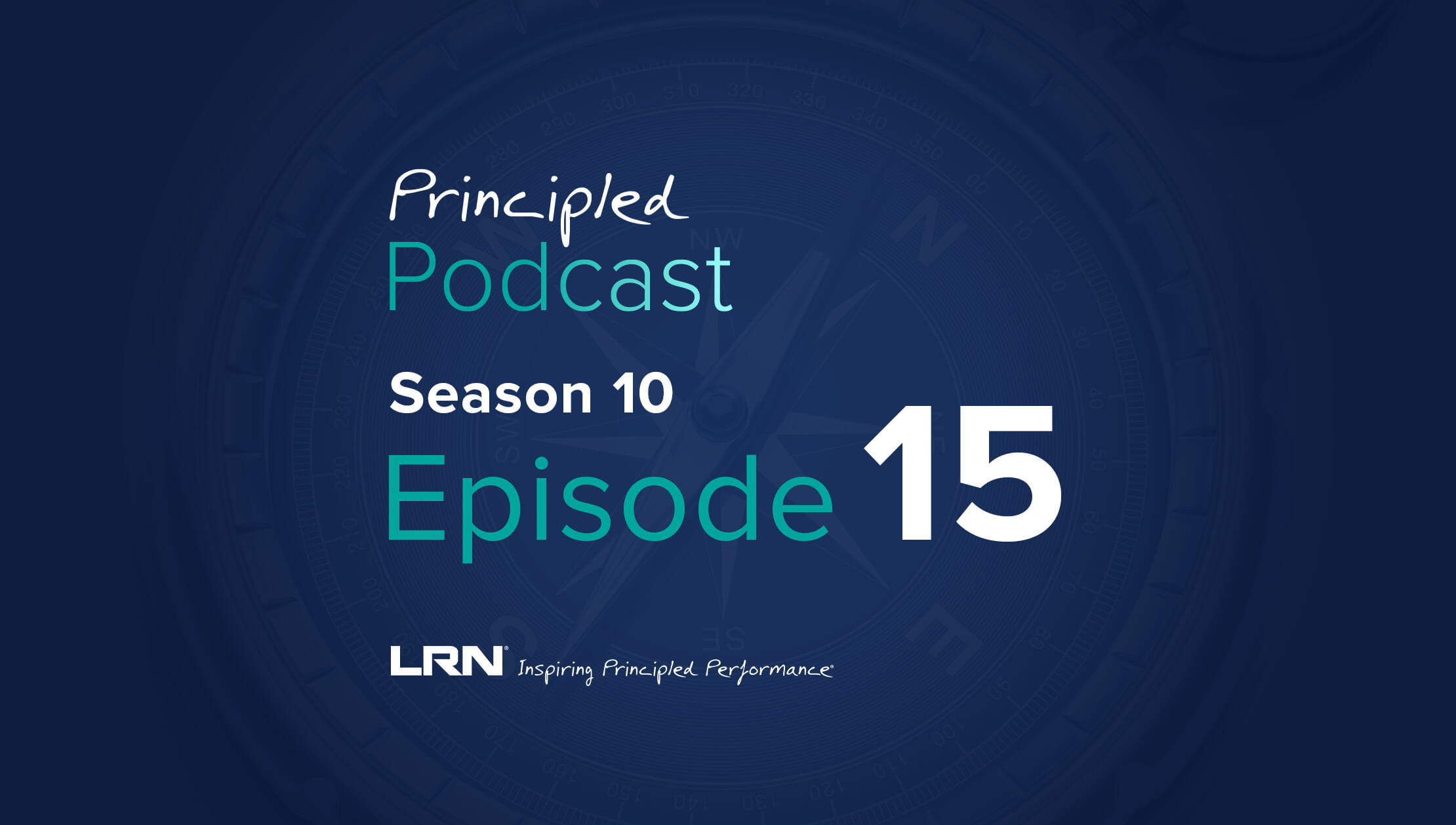One of the biggest foundations of any relationship with customers is trust, which often comes down to respecting customers' privacy. Today, both data privacy and data security are becoming larger factors driving that trust. And as more people express concerns over personal data privacy, more businesses are working to eliminate those concerns.
According to a recent Consumer Privacy Survey from Cisco, people have named data transparency as the #1 factor in establishing consumer trust. To illustrate the integration of data security and AI and its importance for businesses, the following are some key takeaways from the Cisco report.
Data privacy and transparency are crucial to driving customer trust in business
The Cisco survey ultimately concluded that data transparency is the biggest factor contributing to consumers' trust and desire to do business with organizations. It was far above other data privacy and data security factors, with 81% of survey respondents stating that they believe the way a business treats personal data reflects the level of respect it has for its customers. This number was a 5% increase over the previous three annual studies, which saw steady numbers. In turn, when asked what the most important thing that organizations can do to build consumer trust is, the largest amount (39%) named data transparency.
While the majority of consumers appear to value data transparency most when interacting with organizations, many don't feel that companies place enough emphasis on data transparency. According to the Cisco survey, 43% of people still don't feel like companies are doing enough to protect their personal data online. Among these respondents, 76% stated that they weren't satisfied with companies' existing data transparency policies and practices. The main reason for this dissatisfaction is the uncertainty of what's happening with their data—they want to know exactly how companies are using their data.
The lack of confidence that people have in businesses regarding data privacy has led them to do what they can to preserve privacy on their own.
Consumers are taking data privacy and security measures into their own hands
A growing number of consumers are taking personal measures to protect themselves, especially with the widespread perception that the tech landscape doesn't truly value consumer privacy or maintain sufficient data transparency.
A couple of the main initiatives people are taking include reviewing terms and conditions and managing the data they provide. Specifically, the Cisco report found that 58% of people thoroughly read and ensure they comprehend privacy notices before accepting them. Additionally, 53% of respondents actively manage their online cookie preferences. Meanwhile, 46% of people with microphones on their devices mute them when not in use, and another 45% of people use a privacy screen on their computers.
These and other measures are showing how some of the more tech-savvy consumers out there are taking measures to secure their data amid increasing distrust of organizations.
Use of AI impacts consumer trust in data privacy
Compounding the problem of distrust in businesses is the development of artificial intelligence (AI) technology. The Cisco survey found that consumers are uncertain about how companies will use AI to handle personal data. They are reluctant to take on the added costs associated with data localization regulations, even if they value data security now more than ever and support the legislature around it.
The survey specifically found that 60% of respondents are worried about how companies are currently using their personal data along with AI technology. 65% also stated that simply using AI in certain capacities has already contributed to their distrust of businesses. The biggest AI-related issue eroding trust was the use of AI in conducting job interviews, with 48% of people naming this as their biggest concern.
The skepticism surrounding data security and AI is making organizations wonder how they can win customers over and gain their trust. So, what are some solutions? According to the survey, 76% of people want the option to opt out more than anything else. Other potential solutions include:
- 75% want companies to implement AI ethics management programs.
- 74% want to see more data transparency and details about decision-making using AI.
- 75% would like to see a level of human intervention at some point in the decision-making process.
- 59% like the idea of regular audits for bias.
Conversely, 51% of survey respondents stated that federal and local governments should play the main role in maintaining data security through regulations. Companies may be able to show how their data privacy measures and artificial intelligence solutions work to maintain compliance with these regulations.
How to regain trust in data privacy and security measures
Companies of all types can take the right steps to appeal to consumers' need for increased data security with the right solutions.
There are multiple key takeaways we can conclude based on the Cisco report. Cisco recommends multiple steps that businesses can take to gain consumers' trust and maintain adequate data security and transparency. Some of the main solutions that Cisco mentions include:
- Investing sufficiently in data transparency and consumer awareness of privacy rights
- Adopting a responsible data governance framework
- Maintaining transparency about artificial intelligence implementation
- Weighing the costs of and alternatives to current data localization requirements
The key takeaway
Taking these measures will go a long way in gaining people's trust as they grow increasingly concerned about data privacy, security, and transparency. However, you may not be sure about how to do so on your own without the right tools and guidance. The key is to find the best resources that clearly establish all guidelines and help you more effectively maintain data security and appeal to your customers.
If you are focusing on data privacy and protection in your organization, LRN is here to help. LRN offers multiple resources for businesses that focus on creating a culture of privacy that meets all rules and regulations. LRN's collection of resources will help you comply with the General Data Protection Regulation (GDPR), the California Consumer Privacy Act (CCPA), and other data privacy laws in place and on the horizon.



